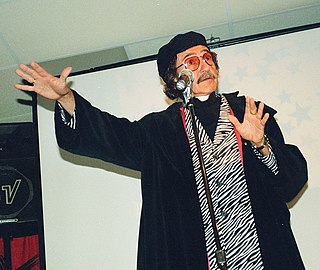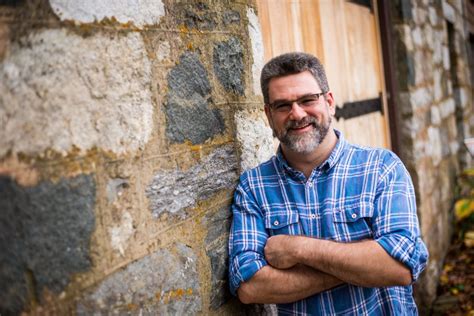A Quote by Jean Paul
Never write on a subject without first having read yourself full on it; and never read on a subject till you have thought yourself hungry on it.
Related Quotes
The subject matter that I am really spending my time on has become an acceptable subject matter. Living, lifestyle, family, is now in the forefront of interest in America, and I've just stuck with it. I mean, I've been doing this for years, and I never got angry. I never said, you know, listen, I'm fighting for this subject. That wasn't my point. My point was to continue working in a subject matter, knowing full well that finally it would be recognized as a viable subject once again.
I have these guilts about never having read Chaucer but I was talked out of learning Early Anglo-Saxon / Middle English by a friend who had to take it for her Ph.D. They told her to write an essay in Early Anglo-Saxon on any-subject-of-her-own-choosing. “Which is all very well,” she said bitterly, “but the only essay subject you can find enough Early Anglo-Saxon words for is ‘How to Slaughter a Thousand Men in a Mead Hall’.
If you are resolutely determined to make a lawyer of yourself, the thing is more than half done already. It is but a small matter whether you read with anyone or not. I did not read with anyone. Get the books, and read and study them till you understand them in their principal features; and that is the main thing. It is of no consequence to be in a large town while you are reading. I read at New Salem, which never had three hundred people living in it. The books, and your capacity for understanding them, are just the same in all places.
He who thinks he can have flesh and bones without being subject to any external influence, or any accidents of matter, unconsciously wishes to reconcile two opposites, viz., to be at the same time subject and not subject to change. If man were never subject to change there could be no generation; there would be one single being, but no individuals forming a species.
No one can teach writing, but classes may stimulate the urge to write. If you are born a writer, you will inevitably and helplessly write. A born writer has self-knowledge. Read, read, read. And if you are a fiction writer, don't confine yourself to reading fiction. Every writer is first a wide reader.
No one can teach writing, but classes may stimulate the urge to write. If you are born a writer, you will inevitably and helplessly write. A born writer has self-knowledge. Read, read, read. And if you are a fiction writer, dont confine yourself to reading fiction. Every writer is first a wide reader.
I think that the gifts of the spirit are always subject to the control of the person who's exercising them. You're not forced in to doing it. Love never forces. And therefore 'the spirit of the prophet is subject to the prophet' is another way it is put. You don't suddenly find yourself taken over by a spirit and find yourself speaking tongues. You're in control, but it's a gift. You can stop and start as you please, but it's a way of communicating with God.

































